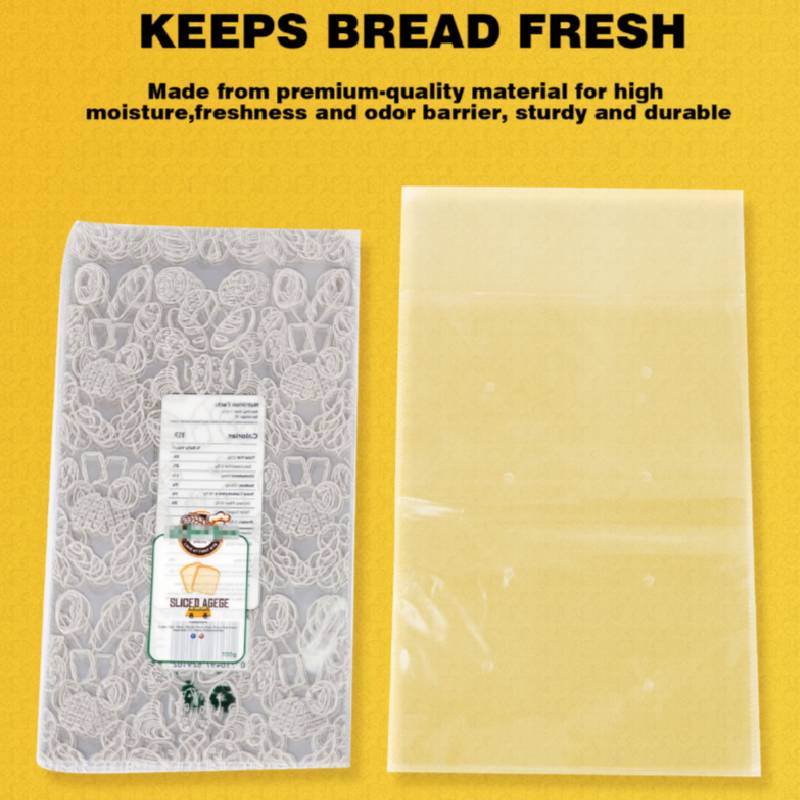Eco-Friendly Padded Mailers for Sustainable Shipping Solutions and Environmentally Conscious Packaging Choices
The Rise of Compostable Padded Mailers A Sustainable Solution for Eco-Conscious Shipping
In recent years, environmental consciousness has permeated various sectors, triggering a significant shift in consumer behavior and business practices. Among the various innovations aimed at reducing our ecological footprint, compostable padded mailers have emerged as a notable solution for sustainable shipping. These eco-friendly alternatives not only meet the logistical needs of businesses but also cater to the growing demand from consumers for greener products.
What are Compostable Padded Mailers?
Compostable padded mailers are shipping envelopes designed to provide protection for contents while being environmentally friendly. Unlike traditional plastic mailers, which can take hundreds of years to decompose, compostable mailers are made from natural materials that break down into nutrient-rich compost within a few months under the right conditions. These materials often include plant-based biopolymers and recycled paper, making them a robust option for businesses looking to reduce their carbon footprint.
Why Choose Compostable Padded Mailers?
1. Environmental Benefits One of the primary advantages of compostable mailers is their ability to decompose naturally. When disposed of correctly in composting facilities, these mailers return to the earth as organic matter, enriching the soil rather than contributing to landfill waste. This reduction in plastic waste aligns with global efforts to combat pollution and climate change.
2. Consumer Demand Today's consumers are more aware of environmental issues than ever. Many actively seek out brands that prioritize sustainability. By using compostable padded mailers, businesses can enhance their brand image and attract eco-conscious customers. In fact, studies have shown that consumers are willing to pay a premium for sustainable packaging solutions.
compostable padded mailers

3. Durability and Protection Despite being environmentally friendly, compostable padded mailers do not compromise on quality. They are designed to withstand the rigors of shipping, providing adequate cushioning and protection for a variety of products. This durability ensures that items arrive at their destination safely, which is crucial for both customer satisfaction and brand reputation.
4. Regulatory Compliance As governments around the world implement stricter regulations on plastic use and waste management, adopting compostable packaging can help businesses stay ahead of compliance requirements. This proactive approach not only mitigates potential fines but also positions companies as responsible corporate citizens committed to sustainability.
Challenges and Considerations
While the benefits of compostable padded mailers are clear, there are some challenges that businesses must consider. The cost of compostable materials can be higher than traditional plastic options, which might deter some smaller companies from making the switch. Additionally, the lack of widespread composting facilities in certain regions can complicate the disposal process for consumers, potentially leading to confusion regarding how to properly dispose of these products.
To mitigate these challenges, businesses can provide clear information on how to compost or recycle their packaging, educating their customers on the importance of responsible disposal. This educational effort can foster a sense of community and encourage consumers to participate in sustainable practices.
Conclusion
The shift towards compostable padded mailers is indicative of a larger movement towards sustainability in packaging. As more companies recognize the ecological and economic advantages of these innovative solutions, we can hope for a future where packaging aligns with our values of environmental stewardship. Adopting compostable padded mailers not only benefits the planet but also enhances brand loyalty and consumer engagement, ultimately paving the way for a greener tomorrow. As we continue our journey toward sustainability, every small step—like choosing compostable mailers—can lead to significant change.
-
Have the freedom of customizing your custom mailers any way you want! Our dedicated packaging support will help deliver you the mailing experience you need to elevate your shipping experience to the next level! Start making a strong impression on your customers and stand out from your competitors! -
LIYA uses high quality raw materials which directly purchased from large enterprises domestic and overseas such as PetroChina, Sinopec, Sabic, Equate, ExxonMobil, Dow Chemical, Total, and Borouge, ensuring the price advantage and quality of the raw materials. -
LIYA uses high quality raw materials which directly purchased from large enterprises domestic and overseas such as PetroChina, Sinopec, Sabic, Equate, ExxonMobil, Dow Chemical, Total, and Borouge, ensuring the price advantage and quality of the raw materials.





